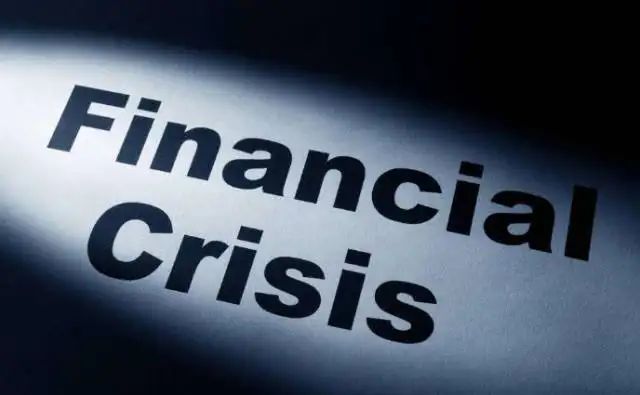Expert analysis points out that the large technology companies that became the winners of the new crown pandemic with their online sales are now sending danger signals in the midst of a complete transformation of the industry.
The e-commerce industry was once the big winner of the New Crown Epidemic: most of the world's population was confined to their homes, but online sales never stopped and their revenues increased exponentially. But today, against a backdrop of constant interest rate hikes by the Federal Reserve, global inflation, the constant renewal of companies and business models, and a serious crisis for large global technology companies, danger signals are emerging for a once-vibrant industry like e-commerce.
Many analysts are now turning their attention to the e-commerce industry, even talking about the possibility of a dot-com bubble, just like the financial bubble of the late 1990s, Buenos Aires Economic News reported on Nov. 7 in Argentina.

"We are facing a second e-commerce crisis," said Spanish e-commerce expert Laureano Turrenzo Esteban.
Tulenço Esteban said, "We will enter the third phase of e-commerce and there is no doubt that the sector will continue to grow, but there will be new ideas and new players, and these new elements will change everything completely. The future lies in a hybrid ecosystem: e-commerce + brick-and-mortar."
Tulenço Esteban bases these conclusions on the fact that almost 60% of goods and services sold online in the world come from five companies: Amazon, Alibaba, Jingdong, Jindo and Yibe. He also mentioned the e-commerce platform Schopfi, a company dedicated to helping a large number of retailers build websites and systems to sell online in an extremely simple way.
He said that all of the aforementioned companies are losing money in their retail businesses and can only make up for it through other businesses. However, all the traditional retailers are fighting e-commerce by imitating it, without even considering that they are fighting against e-commerce companies that have long realized that their main business is not in retail, but in all the peripheral areas related to it.
He also pointed out that e-commerce industry giants are losing market value. For example, Amazon, which was worth nearly $1 trillion at the beginning of 2020, has a market value of about $928 billion today, about 10% less than it was at the start of the pandemic. In the past six months, the pure retail business of the e-commerce giant founded by Jeff Bezos has grown by just 0.9 percent, the lowest in six consecutive months since the company was founded, and sales outside the United States have fallen by 9 percent.

Tulenoso Esteban said that Amazon's cloud service AWS generated more revenue than online sales in all international markets combined. In the past six months, spending on order fulfillment and shipping has grown at a rate of 10 percent, for which more than $40 billion has been spent, amid barely 0.9 percent growth in sales. For the first time this year, Amazon is holding two members' days in one year.
In a very short period of time, global e-commerce has evaporated nearly $2 trillion in market value, said Tulenoso Esteban. The e-commerce giant is worth much less than it was before the pandemic, which never happened to most large retailers with a large number of brick-and-mortar stores.

